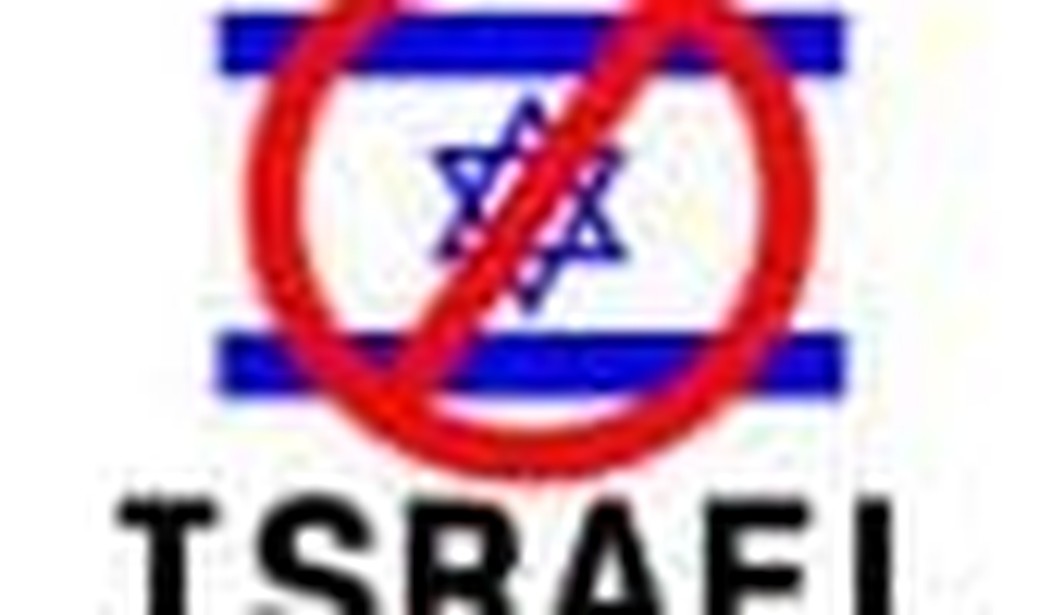The latest attempt to boycott Israel on a North American college campus was made over hummus. The Strauss Group, Israeli co-owner (with PepsiCo) of Sabra brand hummus, supports the Golani and Givati brigades with gift packages, and was thus accused of human rights abuses against Palestinians. Princeton students were urged to demand that other brands be offered on campus in addition to the offending hummus. The attempt failed but this is only but one of the latest examples of how the global boycott, divestment, and sanctions (BDS) movement and its accompanying “apartheid” rhetoric is being disseminated, one plate of hummus at a time.
The BDS movement is de facto anti-Semitism. BDS targets Israel. Its stated goals vary but all include the “right of return” for Palestinian “refugees” and thus the end of Israel. It is cloaked to give the impression that ending specific Israeli policies such as the “occupation” will also bring an end to efforts to ostracize Israel. Their maximalist demand — the elimination of Israel as a Jewish state — is carefully hidden.
I recently completed a tour of college campuses sponsored by CAMERA (Committee for Accuracy in Middle East Reporting in America) and confronted many of these issues first-hand. I witnessed on the one hand a great deal of energy by pro-Israel students to combat this latest wave of anti-Semitism. On the other hand, despite their noble and well meaning actions, they fall short in the face of apathy among Jewish students at large and the vitriolic activities of the pro-Palestinian camps. The latter have devised ever more vigorous means to demonize Israel, such as model “check points” and apartheid walls, that disrupt campus life.
For example, while speaking at the University of Oklahoma I was challenged by two pro-Palestinian students who read off 3×5 cards a prepared question with the “correct” answer which they thought would illustrate Israel as a colonial force that wants to rid the region of Arabs and Muslims. The question was about the two blue lines that bookend the Star of David in the flag of Israel. It was phrased to anticipate an answer that the goal of Zionism is to expand from the Euphrates River to the Mediterranean Sea, eradicating all Muslim presence. Ironically, this reflects a common protest chant used by many pro-Palestinians during demonstrations: “From the river to the sea, Palestine will be free.”
But after hearing a long explanation about the origins of the flag of Israel, which comes from the colored stripes of the Jewish prayer shawl, they left the room confused yet determined to come back with more “facts.” Such information is easily found but BDS supporters use assertions, no matter how absurd, to portray Israel as an aggressive force that robbed Palestinians of their land and threatens the entire Middle East.
Pro-Israel students should be commended for their efforts and supported in any way possible, since it requires real courage to speak out in these situations. Moreover, these examples should motivate the pro-Israel community to work far harder to educate students, parents, and stakeholders about the Arab-Israeli conflict. The most basic facts, such as the circumstances of Israel’s creation, are lost or falsified in order to depict Israel as the eternal outlaw state.
Conceptually, what makes this battle so arduous for the pro-Israel community and so attractive for the antagonizers of Israel is the umbrella of academic freedom that argues that it is legitimate to debate all aspects of Israel, from specific policies through its elimination. Many in the Jewish community in their naïveté are willing to engage in these debates precisely because it is cloaked in academic freedom, which gives it the impression of legitimate criticism rather than racism.
As the BSD movement has redrawn the lines of acceptable discourse, the mainstream Jewish community has begun to respond. For example, in February 2010 the San Francisco Jewish Federation announced a policy which refuses funding to groups that “advocate for, or endorse, undermining the legitimacy of Israel as a secure independent, democratic Jewish state, including through participation in the Boycott, Divestment and Sanctions (BDS) movement, in whole or in part.” At the same time, NGO Monitor also exposed the New Israel Fund’s support of various BDS groups. Drawing red lines around Jewish support for BDS has proved more controversial than might have been expected.
A new initiative launched by the Jewish Federations of North America (JFNA) in partnership with the Jewish Council for Public Affairs (JCPA) called the Israel Action Network, designed to fight de-legitimization and BDS, proves the point. There is a broad consensus that BDS must be confronted and defeated, not defended and funded. But as a recent article in the Jewish Week shows, the New Israel Fund continues to waffle on its red lines, as do groups like J Street. Defenders of the status quo cry censorship and claim that voices critical of Israel are being marginalized. Until the main institutions of the Jewish community square the circle, BDS will continue to grow at the grassroots.









Join the conversation as a VIP Member